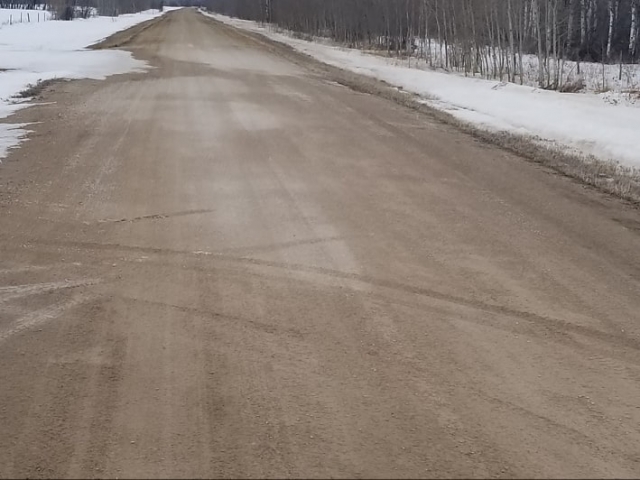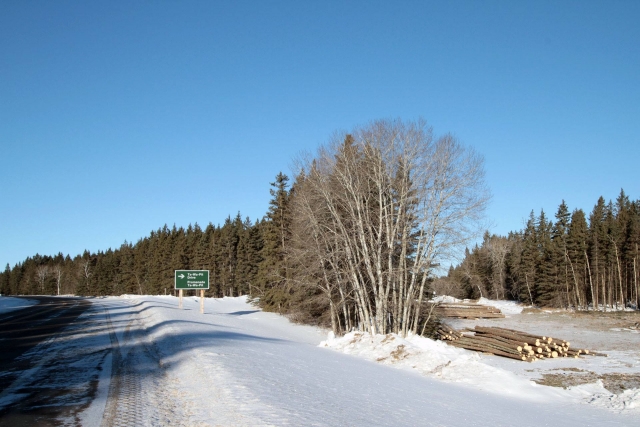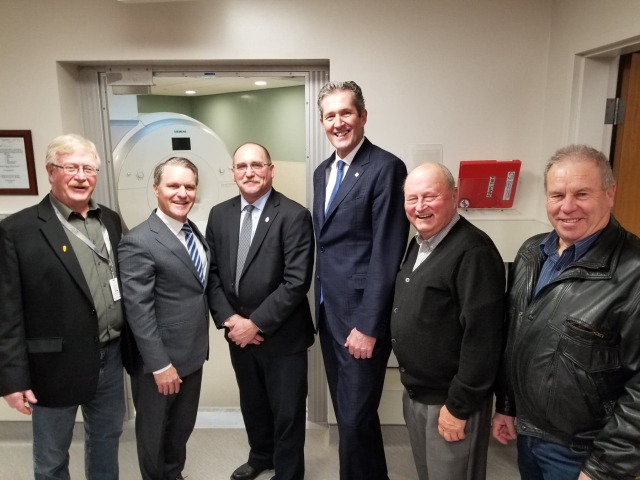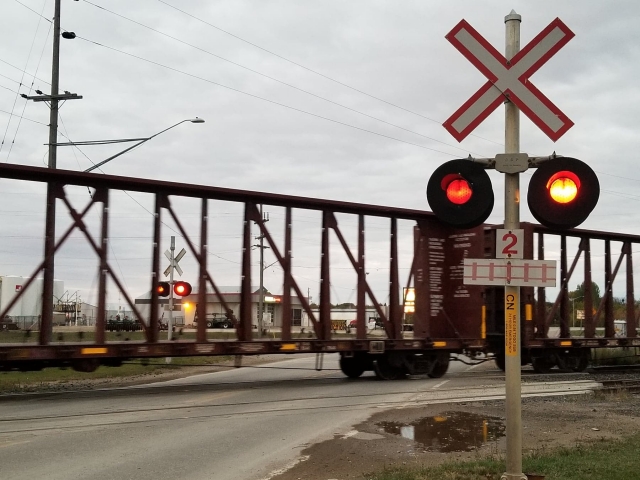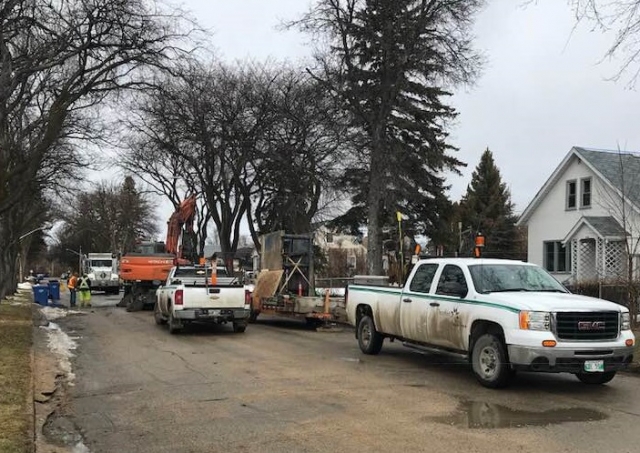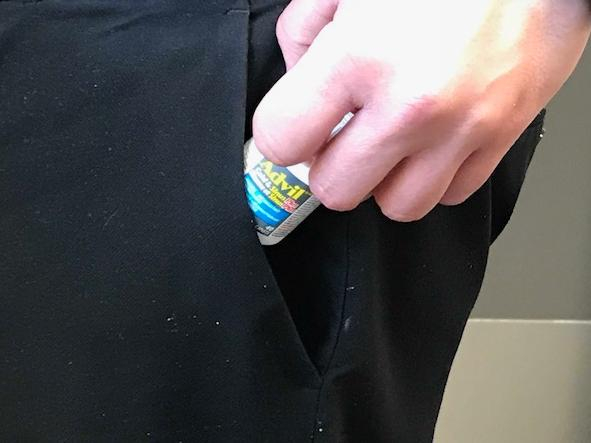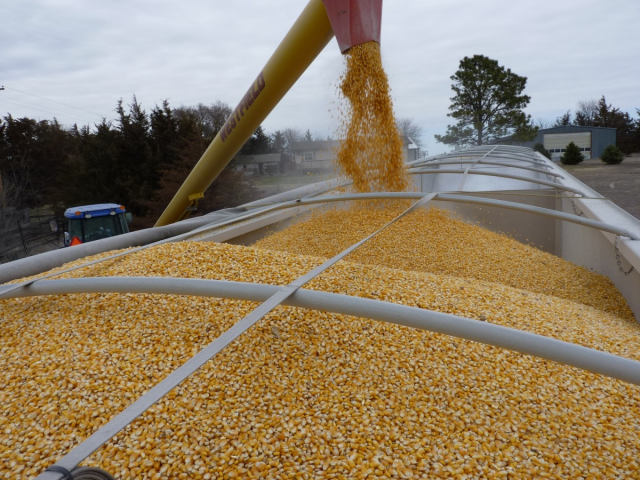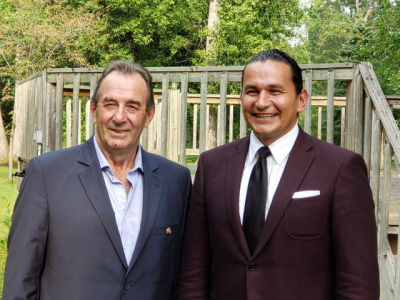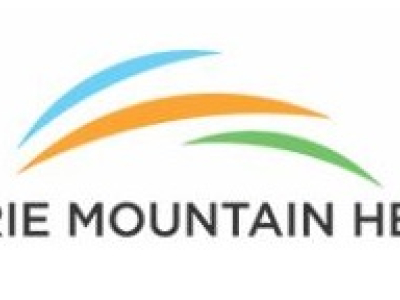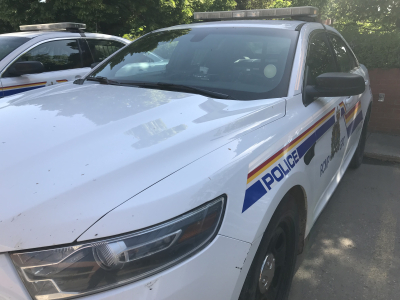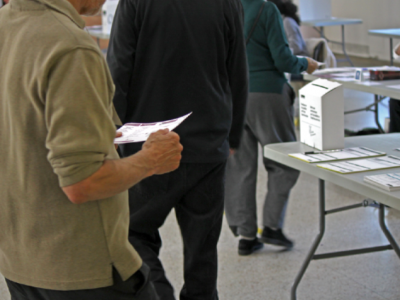 NewsNow
NewsNow
Road Restrictions In the RM of Dauphin are in effect starting on Monday.
People who cause excessive damage to roads may face fines to pay for reconstruction or repair of excessive damage.
The Patrol Officer will be watching all roads within the boundaries of the RM starting on April 1st.
If you have any questions regarding the Road Restrictions you can phone the Municipal Office at 204-638-4531.
- Details
- Contributed by Josh Sigurdson
120 million dollars is being invested into Manitoba’s rail infrastructure in 2019 by CN.
The money is from CN’s 2019 capital investment of 3.9 billion dollars focused on enabling growth from all commodity segments, including consumer goods, grain, agricultural, forest, and energy products for all of their customers, safely and efficiently.
Manitoba will use the investment for expansion projects and maintenance.
There are two expansion projects, a new train passing siding near Nourse, east of Winnipeg and just over 10 km of double track near Exira, west of Portage la Prairie.
The money for maintenance is to replace more than 56 kilometres of rail, install about 59 thousand new railroad ties, rebuild 13 road crossings, and do maintenance work on bridges, culverts, signal systems, and other track infrastructure.
In Manitoba over the last 5 years, 700 million dollars has been invested.
- Details
- Contributed by Isaac Wihak
Trees along Highway 10 are being cut down in Riding Mountain National Park as part of a long-term project dating back to 1990.
What’s going on now is part of a three-year program to reduce the risk of wildfires close to Wasagaming.
Reade Tereck, the fire management officer, explains what people see when they drive through the park.
“We removed about a hectare of plantation this year in two locations. Both close to the compound road and Ta-Wa-Pit Drive. They’ll notice some logs yarded out that we’re going to be using for firewood for the park.”
The trees are being limbed, bucked into 12-foot lengths, and then put through a wood splitter to make firewood.
Tereck says the trees were planted initially either as part of the former milling or to make the park look good for visitors.
The white spruce plantations were originally planted on native grasslands between 1940 and 1960. They were also planted very close together.
“The project really has two benefits of removing high-density plantations, that’s highly flammable, and would be very hard for us to work on if there was a fire within it. So it gets rid of the fuel loader around the townsite. But it also allows us to restore some of these grasslands.”
In areas where Parks Canada finished clearing white spruce, they see a good uptake from natural seed sources that were under the plantations.
They are restoring prairie ecosystems, like this, to an ecologically healthy state, expanding a rare and unique ecosystem in western Canada.
- Details
- Contributed by Josh Sigurdson
Manitoba Public Insurance customers using pre-authorized credit card payments will no longer be able to use that kind of payment starting May 24th.
MPI media relations coordinator Brian Smiley says there are a number of reasons for making this decision.
The change will save MPI about 2 million dollars a year, and because of security concerns for the customer.
The money will be saved because they were looking to upgrade the system which would have cost 2.5 million dollars, they will also save money from credit card fees and other fees associated with credit cards.
Affected customers have a few options, they can make arrangements through their financial institution to do pre-authorized payments through their bank, they can make payments through MPI’s four pay plan which includes quarterly payments, or customers can make a one-time payment for the year.
Customers will be able to use their credit card to make payments, but they'll have to go to an Autopac agent, or go to MPI’s website on payment functions.
Those affected by the change will be notified in early April.
- Details
- Contributed by Isaac Wihak
The number of MRIs in Manitoba has increased by 29 per cent.
New data released by the Canadian Institute for Health Information shows that since 2015 there have been 94,000 MRIs.
The increase in MRI volumes, helped by the opening of a new scanner in Selkirk, allowed wait times to improve by 33 per cent in the past 18 months, to 16 weeks from 24 weeks.
Health, Seniors and Active Living Minister Cameron Friesen expects the new machine in Dauphin to help even more.
- Details
- Contributed by Josh Sigurdson
Trains come through Dauphin often and it feels like they block off traffic forever.
Fire chief Cam Abrey says there is a limit to how long they can block traffic.
“I believe it is that trains can block an intersection for a maximum of 20 minutes.”
If there’s an emergency and a train is blocking the street, Abrey says they can call a specific number with CN rail to separate the train so they can cross the street.
In Abrey’s 20 years with the Fire Department, they’ve never had to call CN to separate a train because of an emergency.
- Details
- Contributed by Isaac Wihak
The province has announced an increase to the minimum wage is coming on October 1st.
The 30 cent increase will bring the minimum wage up to $11.65 per hour.
The increase is happening so Manitoba remains competitive with other provinces.
The wage increase is based on last year’s inflation rate of 2.5 per cent and then rounding up to the nearest 5 cents.
In a press release, Growth, Enterprise and Trade Minister Blaine Pedersen, says the government is providing predictable and sustainable increases to the minimum wage to benefit employees and employers.
“The minimum wage increase will help our economy continue to attract new investment and participation in the workforce.”
Last time the minimum wage rose was in 2018 when it rose 20 cents to the current minimum wage of $11.35.
- Details
- Contributed by Isaac Wihak
So far this year we’ve had almost half of the amount of water main breaks as there were in the entire year last year in Dauphin.
Bill Brenner says, in just the first three months, there have already been 18 compared to 39 in all of last year.
There have been so many this year because of the extreme cold.
Brenner adds that if you see water coming out of the street or sidewalk call 622-3202 to report a water main break.
- Details
- Contributed by Isaac Wihak
Is it ethical for businesses to post the full names of people charged, but not convicted, of stealing?
Manitoba Liquor and Lotteries publicly shamed almost 70 people charged with stealing by posting their names online.
Professor Arthur Schafer, the Founding Director of the Centre for Professional and Applied Ethics at the University of Manitoba, thinks it’s a bad idea.
“We know of many cases of people being who have been named as having been committed a crime and their names published in the newspaper and it turns out that it was a miss-identification, it was a mistake, no crime is committed, or a crime is committed, but it’s not by the person who’s been publicly shamed.”
He says Manitoba Liquor and Lotteries needs to figure out how to reducing shoplifting of their goods without engaging in such a dubious practice.
“Their objective is right. I suspect most of them haven’t thought about what it would feel like if you happen to share the name of someone who’s been publicly shamed in this way. So that some of the shame sticks to you.”
Schafer does understand why they would do this but thinks it does more harm than good.
“I think the risk of harm or damage to innocent people out ways the benefit. I’m pretty sure that there will be alternative ways of dealing with a problem of brazen thieves and brazen thievery other than engaging in online shaming.”
Schafer says it would be easy to get names wrong, sometimes some people share the same name, and it could destroy people’s reputation when they might not have done anything shameful.
You can hear the full interview here.
- Details
- Contributed by Josh Sigurdson
Manitoba Liquor and Lotteries published a list of names of alleged not convicted people for stealing.
There’s a poll on our Facebook page asking the question, should liquor stores in the Parkland post the names of people alleged, not convicted of stealing? About 70% of the 382 voters answered yes.
When asking the public the same question, they were also leaning more towards yes.
Al Jackie was one of those people.
“I think liquor stores should most definitely be able to release the names of people accused of stealing because they’re thieves and the public deserves to know.
Alice was on the other side of the coin, saying no.
“I don’t think it should be released unless it’s a proven fact, because the people could be innocent and it gives them a bad name.”
- Details
- Contributed by Isaac Wihak
The province’s new training requirements for commercial truckers with class 1 will be delayed a year for farmers.
KAP president Bill Campbell says the province recognizes the requirement for truckers to take 121.5 hours of training by September 1, would impact the 2019 farming season.
Campbell stresses that farmers are concerned about safety both on and off the farm, and KAP will work with the province over the coming year.
- Details
- Contributed by Josh Sigurdson

